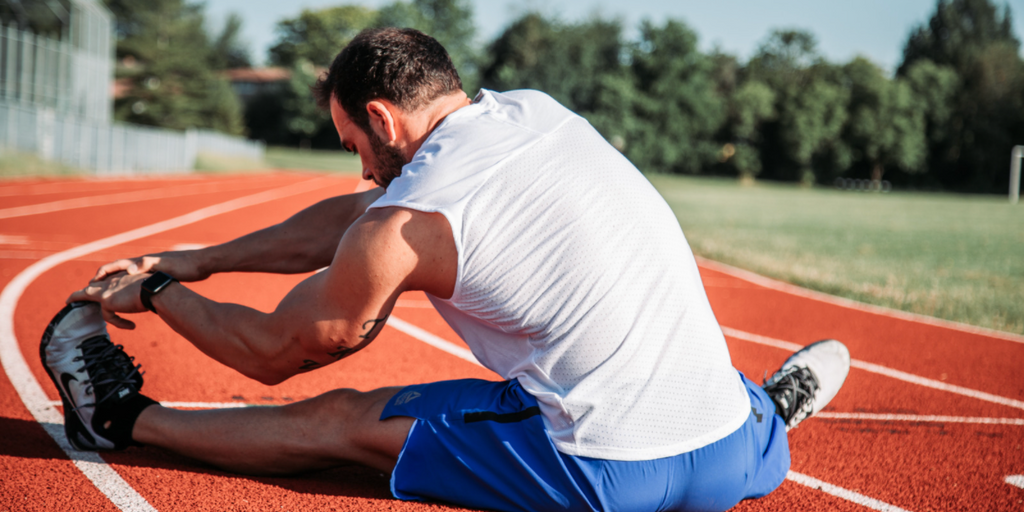How To Stop Cramps

Anyone who has experienced any form of cramps knows how uncomfortable it can be. It can range from mildly disruptive, all the way to full-on agony, and will nearly always take you by surprise. If we are to understand how to stop cramps from occurring, then it is important to know what causes them in the first place. This then allows you to take actions that will minimise the factors that lead to cramps, also helping you to know what actions to take when cramps do occur.
What Are Cramps?
Muscle cramps are when your muscles start contracting involuntarily. If you’ve ever felt the area where cramp is occurring, you will find a hard lump where the pain is coming from, this is the contracted muscle. Usually cramps are just an annoying occurrence, and not something that should be worried about too much on a long-term basis. However, if you are finding that cramps are occurring regularly, for an unknown reason, then you should consider going to your local GP. This is because regularly occurring cramps, especially those happening outside of exercise, can point toward more serious medical issues, such as kidney failure.
Common (and preventable) Causes Of Cramps
Two of the most common causes of cramp are also two of the most preventable. Firstly, there is dehydration: when your body isn’t getting enough water to hydrate the muscles in the body, those muscles will start to contract. As well as this, you may experience the following symptoms; fatigue, headaches, mental fog, muscle cramps and leg cramps (which are more commonly related to dehydration). It is very easy to become dehydrated without registering that this is taking place, especially as we are increasingly living more busy and hectic lifestyles. Therefore being mindful of how much water you intake on a daily basis can be useful for preventing cramps.
Secondly, electrolytes can play a big role with cramps. Electrolytes are a group of minerals including calcium, magnesium, potassium and sodium that are needed throughout your body for it to function efficiently. When they’re depleted, similar to when you are dehydrated, your body cannot regulate the amount of water around your body as successfully, resulting in discomfort in cramps. Cramps are one of the first warning signs that you are running low on electrolytes, other symptoms can include dizziness, sickness and in serious cases, collapse.
How To Stop Cramps
A starting point to help prevent cramps is stretching. Many people are aware of needing to warm up to prepare their muscles before exercise, however few consider how important it can be in other, more common situations. For example, if you are sitting at a desk all day you won’t be using your muscles much, therefore rushing into movements like walking home or running for the bus can put pressure on your muscles that they are not prepared for, potentially leading to cramp. If you are able to take a few minutes of your day to do some basic stretches or walk around your office every now and then, your muscles will be more warmed up, and sudden bouts of physical movement will not put so much pressure on them.
If cramps do occur, don’t be scared to keep moving. By moving, you’re encouraging your muscles to relax from its spasm and therefore encouraging the cramps to relax more quickly. The sooner you start moving, the sooner the muscle can relax and the sooner the pain starts to fade away.
Keeping hydrated is highly important when trying to prevent cramps. Encourage yourself by taking steps to make sure you’re getting enough water daily, such as; having a target number of glasses of water per day, carrying a water bottle with you when you’re out and about or even keeping a note on your desk to remind you to take a sip!
Finally, by ensuring you have enough electrolytes in your system can prevent common causes of cramp. Whilst a balanced healthy diet can give you the essential electrolyte nutrients that you need, if you are concerned that you are not getting enough electrolytes, a solution could be an electrolyte supplement. O.R.S soluble tablets contain all the electrolytes required for your body to regulate water appropriately

